This Will Cause Mold To Start Growing. Molds are small organisms found almost everywhere, inside and outside, including on plants, foods and dry leaves. Molds are beneficial to the environment and are needed to break down dead material. mold spores travel easily through the air. When molds are present in large numbers, they may cause allergic symptoms similar to those caused by plant pollen
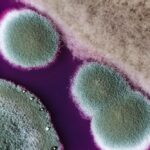

Exposuring to a large number of mold spores may cause allergic symptoms such as watery eyes, runny nose, sneezing, itching, coughing, wheezing, difficulty breathing, headache, and fatigue. Repeated exposure to mold can increase a person’s sensitivity, causing more severe allergic reactions. These problems are more worse indoors, mold causes indoor air quality problems. Certain molds, such as Stachybotrys and Aspergillus, can produce toxins called mycotoxins under certain conditions. Exposure to mycotoxins can cause more serious illness.
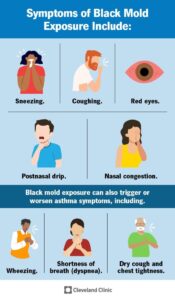
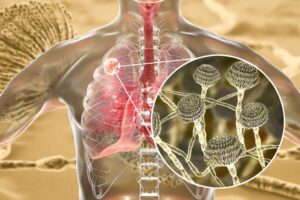
How ToPrevent Mold from Growing Back
- dehumidifiers in damp areas, such as the basement
- Repair leaks in the roof, walls, windows, or pipes
- Ventilation in bathrooms, kitchens, and laundry areas
- Vent clothes dryer to the outside
- Use mold-resistant paint
- Dry areas that are wet or have been flooded within 24 to 48 hours, throw out anything that cannot be completely dried
Mold is considered bad for several reasons, primarily due to its potential negative effects on health and the integrity of structures: Mold can produce allergens, irritants, and in some cases, toxic substances known as mycotoxins. When people are exposed to mold spores through inhalation, ingestion, or skin contact, it can lead to various health problems such as allergic reactions, respiratory issues (e.g., coughing, wheezing, asthma exacerbation), skin irritation, headaches, and in severe cases, infections or mycotoxicosis. Mold spores can aggravate respiratory conditions such as asthma and allergies. Individuals with compromised immune systems, respiratory conditions, or allergies are particularly vulnerable to the adverse health effects of mold exposure. Mold growth can cause significant damage to buildings and structures. Mold thrives in moist environments and can spread rapidly, leading to deterioration of building materials such as wood, drywall, carpeting, and insulation. This can weaken the structural integrity of the building and necessitate costly repairs. Mold growth often produces a musty odor that can be unpleasant and difficult to eliminate. Additionally, visible mold growth on surfaces can be unsightly and detract from the aesthetic appeal of indoor spaces. Mold spores released into the air can contribute to poor indoor air quality, which can have negative effects on the health and comfort of building occupants. Poor indoor air quality has been linked to various health problems, including respiratory issues, headaches, fatigue, and decreased cognitive function. Property owners and landlords have a legal responsibility to maintain safe and habitable living conditions for tenants. Failure to address mold issues promptly and effectively can lead to legal disputes, liability claims, and financial penalties.
Overall, mold is considered bad because it poses health risks, can cause property damage, reduces indoor air quality, and can lead to legal and financial consequences for property owners. Prompt identification, remediation, and prevention of mold growth are essential for protecting both the health of occupants and the integrity of buildings
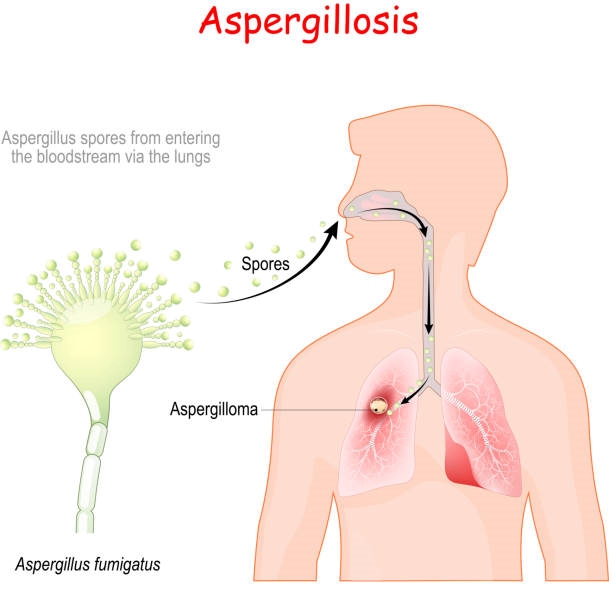

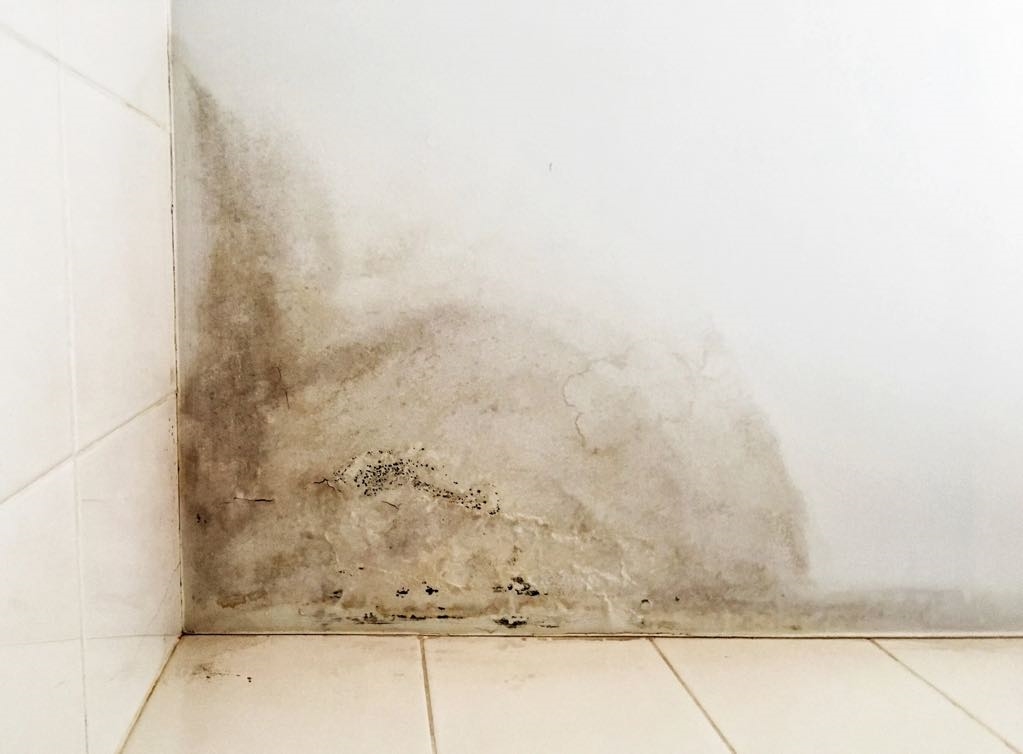
If You Need Ideas On Mold Removal Look No Further
It’s important to have a healthy respect for mold and to take it seriously, but being excessively afraid of it is not necessary. Here’s a balanced perspective: Mold can indeed pose health risks, especially for individuals with allergies, asthma, or other respiratory conditions, as well as those with weakened immune systems. However, not all molds are toxic, and the severity of health effects can vary depending on factors such as the type of mold, the extent of exposure, and individual susceptibility. While it’s essential to address mold issues promptly to minimize health risks, there’s no need to panic if you discover mold in your home or workplace. Taking proactive measures to prevent mold growth and promptly addressing any mold problems can significantly reduce the likelihood of health issues and property damage. This includes maintaining proper ventilation, controlling humidity levels, promptly repairing leaks or water damage, and keeping indoor spaces clean and dry. In cases of extensive mold growth or if you’re unsure how to safely remediate mold yourself, it’s wise to seek professional assistance. Certified mold remediation professionals have the expertise, equipment, and training to assess the situation, safely remove mold, and implement effective prevention measures. Understanding the basics of mold, its causes, and how to prevent it can empower individuals to take appropriate action and reduce unnecessary fear or anxiety. Knowing when to seek help and how to mitigate risks can provide peace of mind when dealing with mold issues. While mold should be taken seriously, it’s just one of many potential indoor environmental hazards. By adopting a proactive approach to indoor air quality and overall home maintenance, you can create a healthier and safer living environment for yourself and your family.
In summary, while it’s essential to respect the potential health and property risks associated with mold, there’s no need to be overly fearful. Taking practical steps to prevent mold, promptly address any issues, and seek professional assistance when needed can help you manage mold-related concerns effectively.
Mold Should Be Easy To Spot
—————————>